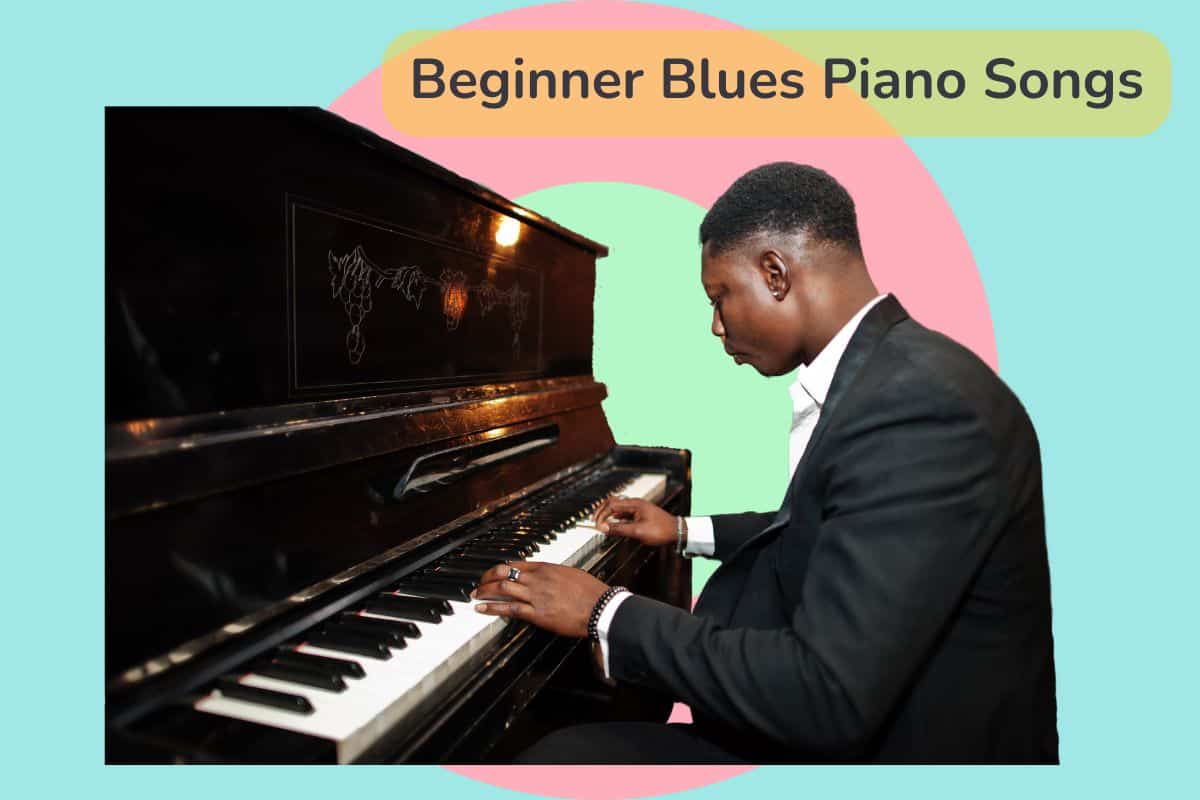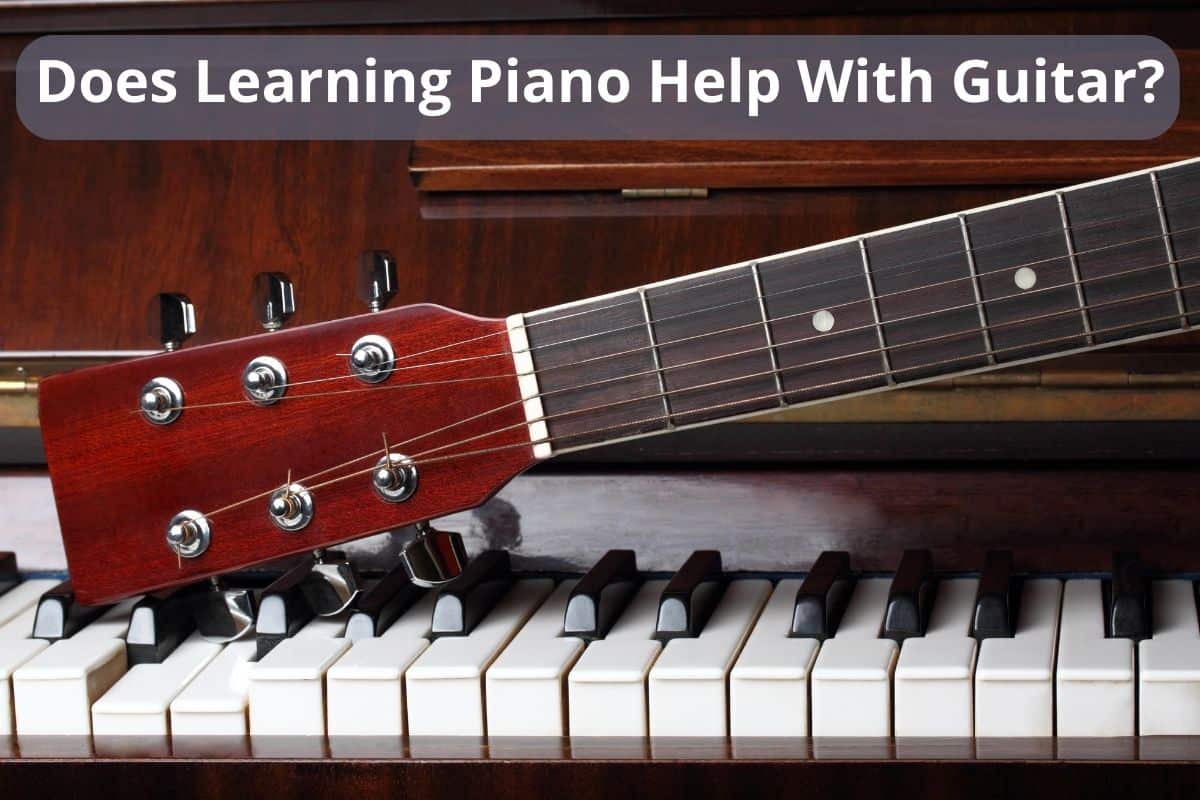Being able to play the piano is like opening a treasure chest of joy, no matter how old you are. Whether you’re a complete beginner or a seasoned musician looking to expand your talents, the piano offers a unique challenge that can sharpen your skills and enhance your understanding of music. But how hard is it to learn this elegant instrument?

The piano might seem intimidating at first, with its 88 keys and complex sheet music, but it’s actually one of the most beginner-friendly instruments out there. As you embark on your piano journey, you’ll quickly find that mastering basic melodies, chords, and hand positions becomes easier with practice. However, advancing to more intricate compositions and techniques may require time, dedication, and discipline.
Understanding the factors that make piano learning challenging and how to overcome them will help you achieve your musical goals.
Key Takeaways
- Learning piano can be as easy or as challenging as you make it, depending on your commitment and practice.
- Familiarizing yourself with common concepts like chords, melodies, and hand positions forms a solid foundation.
- Patience, persistence, and proper guidance will help you overcome challenges and elevate your piano abilities.
Piano Basics
Learning to play the piano can be an exciting and rewarding journey. Let’s explore the basics to help you get started on the right foot!
Keys and Notes
First, familiarize yourself with the 88 keys on a standard piano, which include both black and white keys. The white keys represent the natural notes, while the black keys represent the sharps and flats.
Here’s a quick breakdown of the keys:
- 52 white keys – the natural notes (A, B, C, D, E, F, G)
- 36 black keys – the sharps and flats
Starting with the note C, you’ll notice a pattern of 7 white keys and 5 black keys that repeat across the entire keyboard. As you play the keys from left to right, the notes will go up in pitch.
Scales and Chords
Now let’s dive into the world of scales and chords.
Scales are a series of notes played in ascending or descending order. The most common scale for newbies to learn is the C Major scale, which uses all the white keys and goes like this: C, D, E, F, G, A, B, C. It’s easy to remember and a great starting point for you to build muscle memory.
Chords, on the other hand, are a group of notes played together. They can be simple or complex, and there are many different types to explore, such as major, minor, and diminished. To form a basic major triad, which is another name for a 3 note chord, you’ll use a combination of three notes:
- Root note (e.g., C)
- Third (the note 4 half steps above the root)
- Fifth (the note 7 half steps above the root)
For example, a C major triad includes the notes C, E, and G. As you progress, you’ll learn to play more advanced chords, but these basics are a great foundation to build upon.
Remember to take it slow, practice regularly, and have fun exploring!
Challenges in Learning Piano
Finger Coordination
Learning piano requires you to develop great finger coordination. You’ll need to control each finger individually while playing different notes. At first, it might feel a bit awkward, but don’t worry! With practice, you’ll soon get the hang of it. Try starting with simple exercises to build up your finger strength and coordination. Just remember to be patient with yourself—you’ll get there!
Reading Sheet Music
Reading sheet music can be a bit overwhelming when you’re just starting out. There are so many symbols, lines, and notes to understand! But don’t let that discourage you. Over time, you’ll learn to recognize them all, and it’ll become second nature. To make this process easier, try breaking down each element of sheet music one at a time. Focus on learning the notes, time signatures, and dynamics first, then move on to more complex elements.
Playing with Both Hands
One of the trickiest parts of learning the piano is getting your hands to work together. It’s challenging to control each hand independently while playing different rhythms and notes. Don’t let this frustrate you, though! With practice, your hands will start to move more seamlessly, and playing with both hands will become easier. You can try practicing one hand at a time and then gradually combining them. Just remember to take it slow and give yourself plenty of time to build up your skills.
Keep in mind that learning piano is a journey that takes time and patience, but it can also be a lot of fun. Embrace the challenges, enjoy the process, and soon enough, you’ll be playing your favorite tunes with ease!
How to Make Learning the Piano Easier
Learning piano can be challenging, but you can make it easier by following these tips and setting achievable goals.
Setting Goals
First, break down your learning process into smaller, manageable tasks. Create a list of goals you want to achieve, such as mastering a specific song or technique. Be realistic with your expectations, and remember that you won’t become a piano virtuoso overnight. Celebrate your small victories as you progress, and you’ll find that learning the piano feels much more enjoyable!
Consistent Practice
Next, make practicing a habit. Set aside some time each day for regular practice, even if it is for just a few minutes. Consistency is key, and the more you practice, the better you’ll become. Don’t forget to have fun while practicing – find songs or exercises that excite you, and you’ll never get bored!
Help from Resources or Teachers
Lastly, don’t be afraid to seek help. Use online resources to supplement your learning, or consider hiring a teacher to provide personalized guidance and support. There are many online piano lessons you can access, whether these are in person via Zoom or recorded on YouTube.
You can also find numerous apps dedicated to helping you learn how to play. These include Pianote, Playground Sessions, Flowkey & Skoove. If you’re eager to learn but finding the piano hard, these are great resources to start you on your journey and learn the basics.
Remember, learning piano is a journey, and it’s important to enjoy the process. With the right mindset and dedication, you’ll be playing your favorite tunes in no time!
Age and Piano Learning
You might be wondering if age plays a role in the learning process. And, of course, it does; let’s have a look.
You might think that piano lessons are only for kids, but that’s not true! Busy adults can conquer the piano just as well. Whereas the best age to start piano lessons is usually between 6 and 9 years old. However, for those of us past that age, keys on a piano are easy to operate, so older students can grasp the basics too.
Ah, but do the young ones always have an advantage? Not necessarily! While it’s true that children have the upper hand when it comes to brain plasticity, that doesn’t mean you can’t learn piano at an older age. Brain plasticity refers to the brain’s ability to change its structure and create new neural connections. So, yes, kids can adapt and learn faster, but don’t let that discourage you.
It’s never too late to start learning piano! Adult learners often have more discipline and patience than young students—and these qualities are essential when learning an instrument. You’ll be focusing on techniques, rhythm, and coordination, which might take more time to master at an older age, but it’s totally doable!
Remember, no matter your age, one of the critical factors in learning piano is having proper guidance. A private teacher, group classes, or an online app can really make a difference. With determination and practice, you and your fingers will be gliding across those keys in no time!
To sum it up—age is just a number when it comes to learning the piano. Embrace the challenge, and start tickling those ivories today!
Factors Affecting Learning Difficulty
Now let’s break down some key factors that can affect how tricky this journey might be. And include ways to overcome them.
Practice, practice, practice! First and foremost, how willing you are to practice will make a huge difference. You won’t magically become a piano virtuoso overnight – it takes consistent effort. Putting in the time between lessons is crucial, so get ready to commit.
Hand independence: This is a challenging aspect of learning piano. Your left hand may play a completely different rhythm than your right, but don’t worry! With time and patience, you’ll get the hang of it.
Reading sheet music: If you’ve never read music before, it can seem like a whole new language. Just remember, Rome wasn’t built in a day – take it slow and steady, and you’ll be reading music in no time.
All those keys: With 88 keys on a piano, it might seem daunting. Here’s a fun fact: the keys actually repeat in patterns, so once you get to know those patterns, it’ll be way less intimidating.
Chords and harmonies: Learning to play multiple notes at once (chords) and understanding how different chords work together (harmonies) can be a bit tricky at first. Just keep in mind each new chord is a step toward making beautiful music.
Playing by ear: Some people might find it harder to learn than others, but with some training and practice, you can develop this skill. Start by trying to play simple melodies you already know, and work your way up!
Using your foot: That’s right, pianists use their feet too! The foot pedals on a piano add a whole other dimension to your playing, like sustaining notes or making them softer. It’ll take some practice, but you’ll be tapping like a pro soon enough.
Remember, every great pianist started as a beginner. Like all things, there is a learning curve that you’ll go through, and you’ll have good days and bad. Stick with it, don’t get discouraged, and most importantly – have fun learning!
Overcoming Common Struggles
Learning to play any instrument can be tough, but don’t worry! Here are some tips to help you overcome common struggles in your musical journey.
Practice makes perfect. One of the biggest hurdles in learning piano is finding the motivation to practice regularly. You might feel intimidated by all those keys on the piano, but don’t let that hold you back. Set aside practice time every day, even if it’s just 15 minutes. Remember, the more you practice, the better you’ll get.
Take it slow. When you’re new to piano, it’s easy to get frustrated if you can’t play a song perfectly right away. Give yourself permission to make mistakes and take your time learning each piece. As you gradually master the basics, like reading sheet music and understanding chords, you’ll find that playing becomes more natural and enjoyable.
Break it down. When learning a new piece, it’s helpful to divide the music into smaller sections. Work on mastering one section at a time, then put the whole piece together once you’re comfortable with each part. This method makes tackling complicated pieces much more manageable.
Find a buddy. Sometimes, learning the piano is more fun with a friend. If you know someone else who’s learning, consider practicing together or taking lessons at the same time. Having a buddy to share your progress and challenges with can make the experience more enjoyable and help keep you motivated.
Stay positive. It’s normal to feel discouraged when certain aspects of playing the piano seem tricky. But instead of dwelling on your struggles, focus on your achievements. Celebrate small milestones, like mastering a new chord or finishing a song. Keeping a positive attitude will make the entire process more enjoyable and help you become a better player.
Remember, learning piano is a journey. With patience, persistence, and a positive attitude, you’ll overcome any challenges and have a great time doing it! Happy playing!
Piano or Keyboard
Now that we’ve touched on the challenges and rewards of learning the piano, it’s time to tackle another crucial question – should you invest in an acoustic piano or an electronic keyboard? This decision can significantly impact your learning journey, so let’s dive into the key differences and factors to consider.
The acoustic piano, with its timeless charm and resonant sound, has been a staple in music history. Its 88 keys offer a range of expression that has charmed generations of musicians. But owning one comes with its set of considerations, such as cost, space, and maintenance.
Then there’s the electronic keyboard, a compact and versatile instrument that brings a host of benefits to the table. With varying key counts, portable designs, and more budget-friendly options, it’s a popular choice for many budding piano players. However, 61 keys should be the absolute minimum for those wanting to play the piano successfully.
Finally, there’s the digital piano, which is like the middle child in the family – combining the best of both worlds. They emulate the touch and feel of an acoustic piano while offering the portability and versatile features of a keyboard.
So, there’s no one-size-fits-all answer here. It depends on your personal preference, budget, and the space you’ve got. But remember, whether you choose a majestic piano, a handy keyboard, or a versatile digital piano, your mantra should be practice, practice, and yes, more practice!
If you’re still unsure which type of piano you want to play, then this article on digital and upright pianos will help.
Frequently Asked Questions
Is it difficult to pick up piano as a beginner?
Well, that depends on your dedication and willingness to practice. If you’re committed to learning and regularly practice, it won’t be nearly as intimidating as you might expect! As a beginner, mastering the basics like proper posture, hand position, and the notes on the piano keyboard is essential for a smooth start.
How long does it typically take to learn piano?
The time it takes to learn piano varies depending on several factors, such as your commitment to practice and personal aptitude for music. Some people can start playing simple songs in just a few months, while others might take a year or more for the same progress. Just remember, the more you practice, the quicker you’ll hit those keys like a pro!
What are the biggest challenges when learning piano?
Some common challenges when learning piano include reading sheet music, playing chords, achieving hand independence, and improving your technique. It’s important to be patient with yourself and remember that mastering these skills takes time. Don’t get discouraged, and make use of online resources to facilitate your learning process.
Can you learn piano without a teacher?
Absolutely! With the vast number of resources available today, it’s possible to learn piano on your own. From books and video tutorials to apps and online courses, there’s something for everyone. Of course, having a piano teacher can be beneficial, but it’s not a requirement to become a skilled player.
Is playing piano more challenging than other musical instruments?
That’s subjective, as different people find different instruments more or less challenging. While the piano might seem intimidating with its large keyboard, it’s often considered an excellent starting point for learning music due to its clear, straightforward layout. In contrast, other instruments like the violin might require more hand coordination and require you to pay close attention to pitch. Ultimately, it’s up to you to decide which instrument speaks to your heart.
What makes piano worth learning?
The piano is a versatile instrument that allows you to explore a variety of music genres, from classical to jazz, pop, and everything in between. The skills you develop while learning piano, such as hand coordination, finger dexterity, and music theory, can be valuable and transferable to other aspects of life. Plus, imagine the satisfaction of entertaining your friends and family with your music-making abilities! So go ahead; your piano journey awaits!
Final Thoughts
To wrap things up, the piano can be hard to learn, but it’s totally worth it! Embarking on this musical journey can bring you a ton of joy and personal satisfaction.
Now, practice is everything. Without consistent effort, you won’t see progress. Remember, the more you practice, the better at playing you’ll become. It’s just like any other skill, so don’t give up too easily.
Part of the learning process involves becoming familiar with the proper posture, hand position, and sight-reading. It may seem like a lot at first, but take it one step at a time, and you’ll be playing like a pro in no time.
Chords and scales are essential to master as well. Don’t forget to challenge your musical memory by learning to play melodies by ear or adding chords to your favorite tunes. This will make learning piano even more fun.
Finally, remember every pianist’s journey is unique. Don’t compare yourself to Elton John or any other famous pianist. Focus on your own goals and celebrate every achievement.
In conclusion, learning piano may seem challenging, but with dedication, practice, and a casual approach, you can enjoy every step of the journey and create beautiful music. Happy playing!



